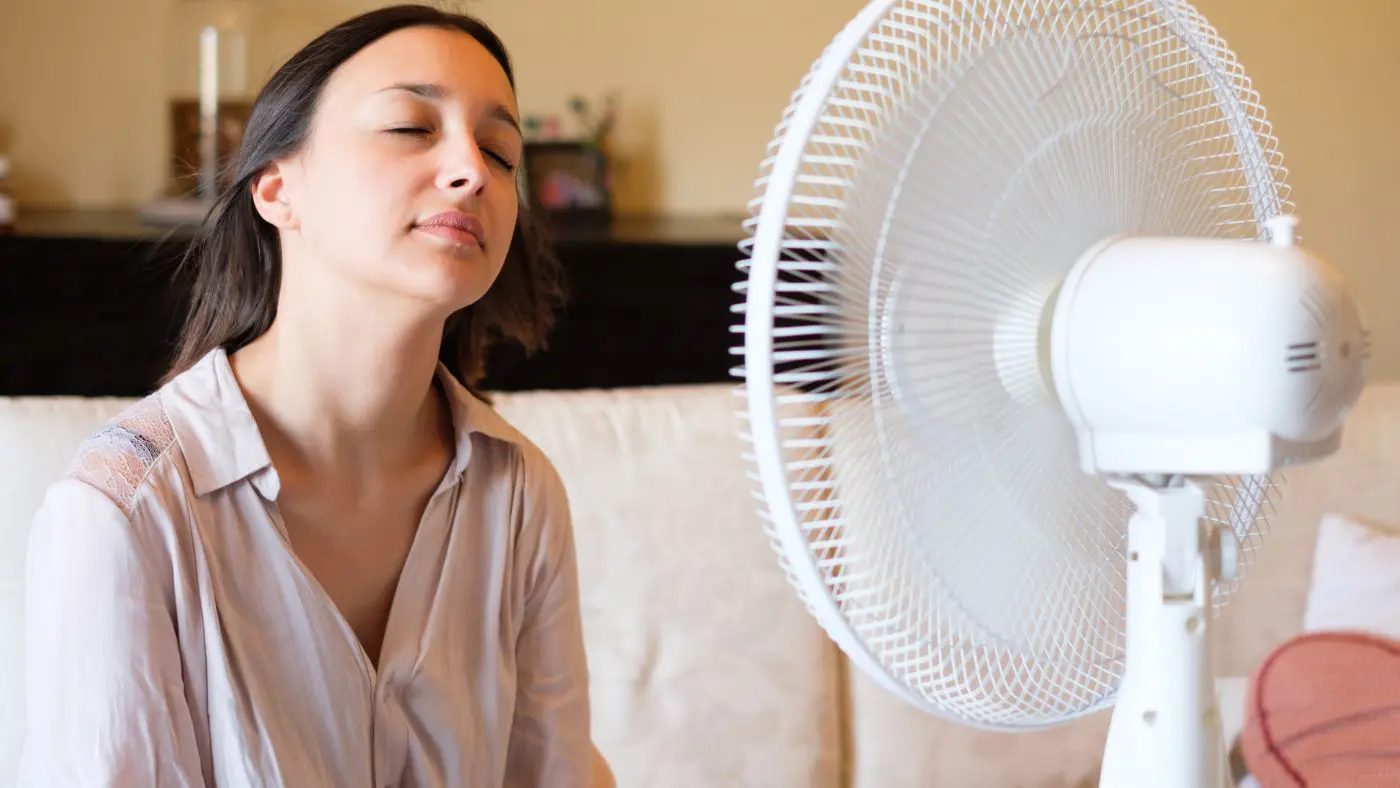The temperature outside makes us think about how and where we should spend our time so that the heat does not escape us. You may notice how the heat outside affects your bodies. Our bodies also need to adapt. Do we know what your body does to maintain a constant temperature and feel good?
When you're basking in the summer sun, your body is already actively working to maintain a good balance between receiving heat from the environment and giving off heat. People with chronic illnesses are at greater risk of experiencing exhaustion. This may be due in part to the medications they are taking, as well as the body's ability to regulate body temperature.
Body temperature is maintained by:
- The hypothalamus is a small part of the brain. The hypothalamus is a command center that is responsible for many body functions, including the coordination of the autonomic nervous system. It works with other parts of the body's temperature regulation system.
- Skin - Sweat glands and blood vessels are your body's heating and cooling systems, condensers and heat channels.
Is it good when we sweat:
Sweating is a natural and essential body process to help your body stay cool. When your body temperature rises, your body will automatically sweat by releasing a salty fluid from your sweat glands. This helps the body to cool down.
The difference occurs when we notice that heavy or light sweating continues for a longer period of time. When sweating, we remove important elements from the body - Water and Electrolytes (ie "Salt" such as sodium, chloride, potassium, magnesium).
Minerals that help regulate body temperature:
- Electrolytes – you lose electrolytes when you sweat. Electrolytes are minerals in the blood and other body fluids that have an electrical charge. Electrolytes affect the amount of water in your body, the acidity (pH) of your blood, muscle function, and other important processes. Electrolytes used to improve water quality.
- Magnesium – Magnesium helps regulate body temperature. Magnesium is an essential mineral for staying healthy and is required for more than 300 biochemical reactions in the body. More information on the benefits and importance of magnesium can be found at: Magnesium deficiency and benefits for the body.
- Potassium content – Potassium is known as an electrolyte and is vital for cardiovascular health. It is important to know that drinking large amounts of carbonated and other sugary drinks can also deplete potassium. Potassium is water-soluble, which is excreted in urine and feces; you need to get potassium every day from your daily diet to meet your body's needs. Common signs of low potassium include leg cramps and low energy.
Vitamins A and E
Vitamins A and E There are two popular vitamins that can help protect your skin from sun damage. It happens that we spend too much time in the sun, which can lead to several consequences, such as damaged skin, rashes and sunstroke. Sunscreen, drinking water, etc vitamins A and E may contribute to skin protection.
Vitamin A plays an important role in the body that helps maintain healthy bones, soft tissues and healthy skin, so it can be used in summer.
Vitamin E is a fat-soluble vitamin, which means it can easily penetrate skin cell membranes – giving us a little extra protection from the sun. Of course, don't just rely on your daily dose of vitamins.
Although spending time in the sun in the summer is a great way to increase vitamin D quantity, quality vitamins are a good way to supplement the body all year round.
Making sure you're getting the vitamins and minerals your body needs will help you stay energetic and healthy.
If we have chronic diseases
If you have chronic conditions such as high blood pressure, heart disease or diabetes, understanding how your body reacts to heat is very important. It is important to ensure that there is no shortage of vitamins and minerals that help maintain body temperature, thus reducing the negative effects of heat.1
Heat Tips:
- Stay in air-conditioned rooms
- Drink plenty of fluids, don't wait until you feel thirsty.
- Drink water rich in electrolytes, it can be mineral water liquid minerals.
- Don't rely solely on fans to avoid extreme heat.
- Try not to use a stove or oven, as these will raise the temperature of your home,
- Limit your time outside during the hottest part of the day.
- Consume cold foods that are refreshing and cooling.
It is important to rememberthat everyone's health is individual and there is no common recipe for everyone!
So, if you want to know if your body is currently lacking in electrolytes, health professionals recommend the Test "Your Day".
- In time, pay attention to the signals sent by your well-being
- Replenish the body with natural minerals, vitamins and nutrients necessary for health.
- Enjoy energy and good mood every day!











